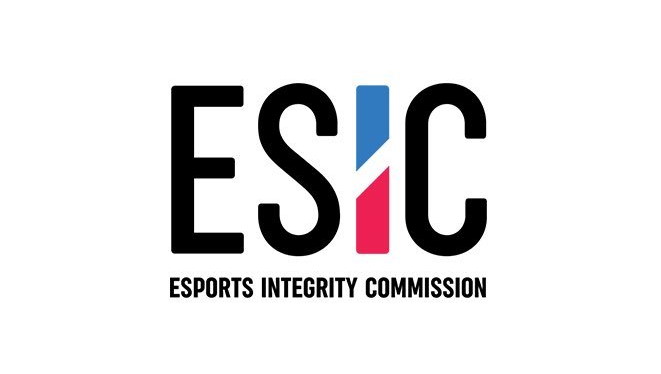Esports integrity group launches deep CS:GO inquiry, gives cheaters a chance to 'confess'
ESIC expects the inquiry, which will dig into matches going back to 2016, will take at least eight months to complete.

Earlier this week, three CS:GO coaches from Hard Legion, Heroic, and MIRB were suspended by ESL for terms of up to two years for using a glitch that enabled them to spectate games from anywhere on the map, and relay information back to players, without anyone knowing. A couple of days later, ESIC—the Esports Integrity Commission—imposed its own penalties, across a wider range of tournaments.
Today ESIC announced that since imposing those sanctions, it has "reviewed a large quantity of evidence," and based on that has decided to conduct an investigation into other potential exploits of the glitch going all the way back to 2016. The inquiry will include an analysis of roughly 25,000 demos of CS:GO matches played between 2016-20; based on what's found, it will establish "standard sanctions," do a further manual review of "key suspect demos," and publish breakdowns of sanctions on a monthly basis.
This will be a big job: ESIC estimates that it will take approximately eight months to complete the investigation, although it also warned that the process could be lengthened by "additional complications that may arise during the investigative process." As with the penalties imposed earlier this week, the results of the investigation will be applicable to tournament series including ESL, Dreamhack, Blast, WePlay, Eden Esports, UMG, UCC, and others. An appeals process will be available.
Also available, for those who want to beat the rush, is a "confession period," which remorseful cheaters can take advantage of until September 13.
"ESIC recognizes that people sometimes make mistakes and regret their decisions. In ESIC’s view, wherever possible, it is important to work towards reform and rehabilitation of offending parties into individuals who value competitive integrity and can recommence serving the CS:GO community," it said. "Accordingly, ESIC will open a ‘Confession Period’ for any offending parties that want to come forward ahead of our investigation with an admission of wrongdoing."
"Upon the assessment of an admission, and subject to the discretion of the Commissioner, ESIC may choose to apply a concession to any sanction that may apply to the offending party based on the presence and quality of the admission provided."
Nothing's guaranteed, in other words—you're just throwing yourself at the mercy of the court and hoping that everyone's in a good mood—but if you'd rather roll the dice on contrition than evasion, you can cop to your sins at commissioner@esic.gg.
Keep up to date with the most important stories and the best deals, as picked by the PC Gamer team.
When ESIC launched in 2016 (which explains the window of its investigation), we wondered if it would have the teeth to actually enforce integrity in professional esports competitions. I think that's still an open question to some extent—there are obviously still problems with players and teams willing to break rules in order to gain an edge, although that's just as true in conventional sports leagues—but the fact that it's still around, and willing to undertake deep-dive investigations like this one, is at least evidence that it remains committed to its mandate.
"We appreciate the vocal support that we have seen of our work in protecting the scene from bad actors. We understand that the past week of revelations has been tough for many people within the CS:GO community," ESIC said. "Rest assured, ESIC is doing everything in its power to ensure that we uproot and remove bad actors for the benefit of the scene in the long term."

Andy has been gaming on PCs from the very beginning, starting as a youngster with text adventures and primitive action games on a cassette-based TRS80. From there he graduated to the glory days of Sierra Online adventures and Microprose sims, ran a local BBS, learned how to build PCs, and developed a longstanding love of RPGs, immersive sims, and shooters. He began writing videogame news in 2007 for The Escapist and somehow managed to avoid getting fired until 2014, when he joined the storied ranks of PC Gamer. He covers all aspects of the industry, from new game announcements and patch notes to legal disputes, Twitch beefs, esports, and Henry Cavill. Lots of Henry Cavill.

